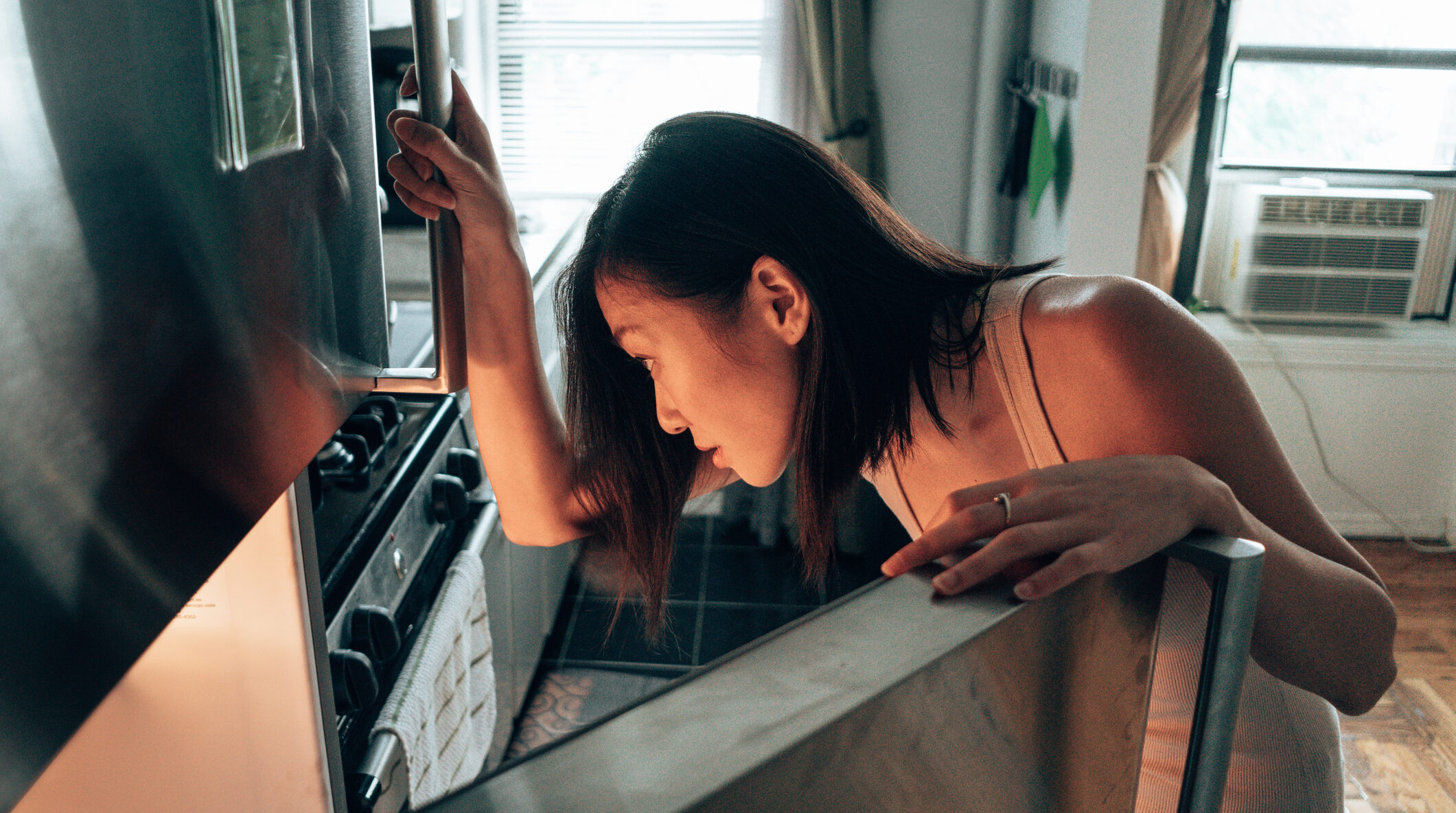Ask a Dance Dietitian: Is Intermittent Fasting Safe For Dancers?
I’ve been hearing a lot about intermittent fasting; do you think it would benefit dancers? —Emily
Intermittent fasting has gained popularity among dancers over the years. There are a variety of types of intermittent fasts, but generally, the approach involves an intentional omission of entire meals or snacks. Some speculate that intermittent fasting leads to weight loss, improvements in energy, and even gains in clarity and focus. However, these speculations lack substantial proof and can damage your performance goals for several reasons.
The first downside to intermittent fasting is an early onset of fatigue. Dance is physically demanding—your body relies on a steady and consistent energy supply to get through classes and rehearsals. If you’re not eating meals or snacks to make up for the energy spent while dancing, your body is likely to rely on other sources, like muscle, for energy.
The same goes for your post-performance recovery. Muscle breakdown is a normal response to training. Since protein-rich foods offer the components you need to support muscle and tissue repair, skipping a meal or snack in an attempt to abide by a “fasting window” will limit your body’s ability to heal from muscular wear-and-tear.
Missing opportunities to eat will also challenge your ability to focus and make picking up combinations difficult. Blood sugar naturally ebbs and flows throughout the day even with consistent meals and snacks. An extreme drop in blood sugar can lead to headaches and dizziness, increasing your susceptibility to an injury.

So while intermittent fasting might be the topic of conversation in your studio, it’s not something I’d encourage for dancers. When you intentionally restrict yourself from food, you exacerbate a scarcity mindset, that all-or-nothing mentality that can cause you to feel out of control around food, particularly during times between fasts. This can hinder your ability to enjoy family meals, dining out, and even post-performance cast parties—aspects of life that can bring balance and enjoyment to your life as a dancer.
Rather than trying to abide by rigid time constraints, focus on consistent meals and snacks during your waking hours. By doing this, you’ll support your body’s physical and metabolic needs, enhance your performance potential, reduce your risk of injury, and enjoy a variety of life experiences without the stress or anxiety of restrictive mealtime rules.
Have a question? Send it to registered dietitian nutritionist Rachel Fine at [email protected]. She’ll be answering questions on Pointe+ each month. Ask a Dance Dietitian responses are for informational purposes only and should not be a substitute for individual medical or mental health advice.







